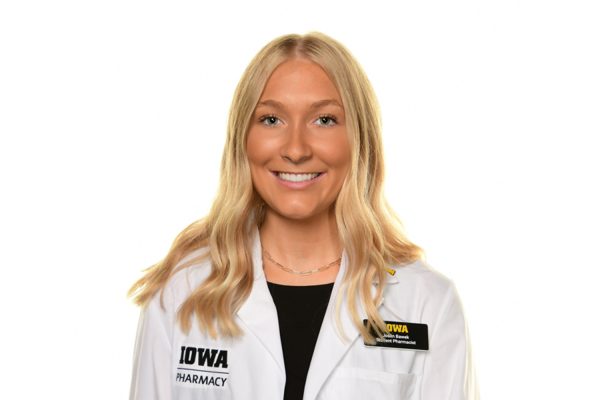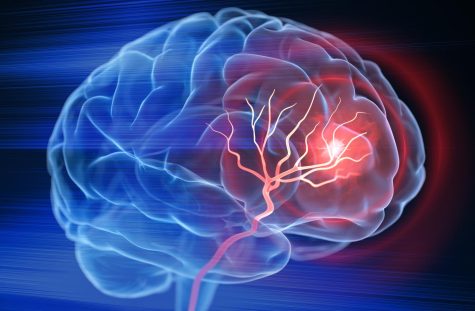Guest Opinion | Understanding Premenstrual Dysphoric Disorder
No, Premenstrual Dysphoric Disorder is not just PMS.
If breast cancer is detected early, such as in stage 1 or stage 0, it can be highly curable. (Dreamstime/TNS)
March 31, 2021
In recent years, there have been numerous studies done to investigate women’s health issues. Yet, there is still a severe lack of education and awareness surrounding conditions such as Premenstrual Dysphoric Disorder. I hadn’t even heard of PMDD until I was diagnosed with the disorder this year. I couldn’t help but feel disappointed for not knowing about it sooner.
PMDD is a heightened and severe form of Premenstrual Syndrome —often referred to as PMS — and is thought to be caused by serotonin deficiency. PMDD, which affects an estimated 5 percent of women of childbearing age, causes severe anxiety, irritability, and depression a week or two before a woman’s period starts.
The tricky thing about PMDD is that many of the symptoms are “normalized” to a concerning degree because they’re primarily psychological. For a while, I dealt with the symptoms and spent years trying to keep myself together, when in reality the emotional turmoil that PMDD caused me interfered with my daily life.
Common symptoms include irritability, insomnia, and poor self-image. Women with PMDD will also experience some symptoms of fluid retention and respiratory problems such as breast tenderness, bloating and allergies ahead of their period.
Dr. Hristina Koleva, a clinical associate professor of psychiatry at the University of Iowa Hospitals and Clinics, saw an increase in PMDD diagnoses in the past two years with about one case per month.
With symptoms normalized, many women will dismiss them thinking they’re “the common female experience,” which prevents them from seeking help from health care providers. If more women and health care practitioners were educated on the disorder and knew what symptoms to look for, many would seek help sooner.
“Many women don’t know they could address this in their OBGYN appointments to receive help,” Koleva said. “If more people were educated about it, they’d be able to bring it up so their doctors could ask more questions tailored to the disorder.”
The biggest indicator of PMDD is an impairment in some aspect of daily life because it impacts a woman’s ability to function and process emotions. Koleva’s work shows that it’s the impairment of functioning that categorizes PMDD as a mental disorder.
In a male-dominated society, PMS is regarded as a running joke instead of a serious issue. Rather than listening to a woman’s distress, many will write it off as “it’s her time of the month.” Even women do this because they think their hormones make them irrational.
Denise Honner, a clinician with Planned Parenthood, advocates for this disorder to be discussed by health care providers and women by helping reduce the stigma around this issue.
“I can honestly say PMDD is not often talked about by women or health care providers,” Honner said. “Hopefully, efforts to decrease stigma associated with mental illness will help raise awareness of some of the lesser-known issues like PMDD. I think it’s important to educate providers as well, so they ask patients about the symptoms of PMS and PMDD.”
There has also been confusion in differentiating PMS from PMDD, which may be where part of the issue lies in women receiving help. Many women might brush it off thinking s more serious disorder is just PMS.
“I don’t know that women need to be able to differentiate between them,” Honner said. “It is more important that if women are experiencing the symptoms around the time of their menses that interfere with their daily life, they should talk to their health care providers.”
That being said, many health care providers rarely see or are aware of PMDD. Since working at Planned Parenthood, Honner has treated one patient for PMDD. Many other women’s health clinics have yet to even diagnose someone with PMDD.
All women should feel validated for seeking help. This mental disorder is not a joke, and it could be impacting more women than expected. Women don’t have to put up with PMDD just because they’re expected to.
– Olivia Williams, University of Iowa Undergraduate













